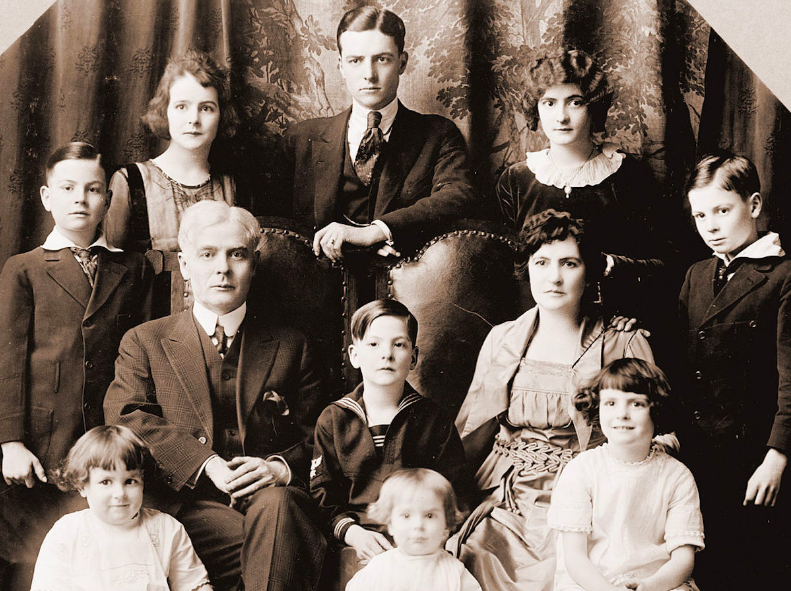
Of all the issues that divide us, none seems as inimical to reasoned discussion as identity politics. Conservatives excoriate such politics as politically opportunistic theater, the acting out of coddled “snowflake” students. Liberals and progressives put forth an opposing grievance-first narrative, arguing that identity politics emanates from authentic wounds.
But what if both contenders have a piece of the truth? What if many identity-firsters today are claiming to be victims because they and their societies are victims—only not so much of the abstract “isms” they denounce, but of something else that till now has eluded description?
Let’s try a new theory: Our macro-politics have become a mania about identity because our micropolitics are no longer familial. This, above all, is what happened during the decades in which identity politics went from being a phrase in an obscure quasi-radical document to a way of being that has gone on to transform academia, law, media, culture and government.










